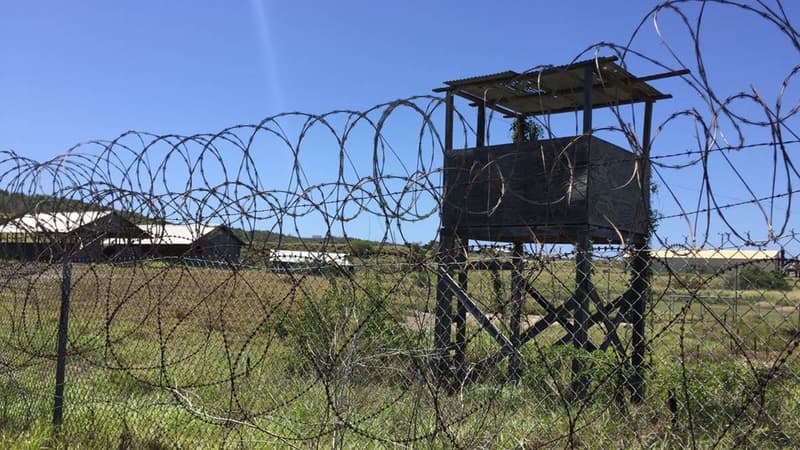Almost constant surveillance, limited access to families, isolation: the treatment of the last 30 Guantánamo detainees is “cruel, inhuman and degrading”, a UN expert denounced this Monday after the first visit of this type to the US military prison .
After two decades of unsuccessful requests from independent UN human rights experts, the special rapporteur on human rights and the fight against terrorism, Fionnuala Ní Aoláin, was finally authorized to carry out this visit in February.
“The closure of this establishment remains a priority”
Their report released Monday describes, despite “significant improvements” at the detention center, “almost constant surveillance, forced removals from cells, excessive use of restraints,” “structural deficiencies in terms of health, inadequate access to families” and “arbitrary detentions characterized by continuous violations of the right to a fair trial”.
“The totality of these practices and negligence (…) have in particular aggravating cumulative effects on the dignity, freedoms and fundamental rights of each inmate, and this amounts, in my opinion, to cruel, inhuman and degrading treatment in course, under international law,” he told a news conference.
“The closure of this establishment remains a priority,” he added, hailing “the openness and willingness of the United States to set an example” by allowing this visit.
Washington disagreement
Independent UN human rights experts have sought access to this military prison in southeastern Cuba since it was opened in 2002 to detainees of the US-led “war on terror” following the September 11, 2001 attacks. .
Having become a thorn in Washington’s side, accused of illegal detention, human rights violations and torture, the prison has counted as many as nearly 800 “POWs,” most imprisoned despite flimsy evidence of their involvement.
In a letter accompanying the report, the United States expressed its “disagreement” with “many statements” in a document that “does not reflect the official position of the United Nations,” ensuring in particular that detainees receive medical care and can communicate regularly. with his family
Source: BFM TV


